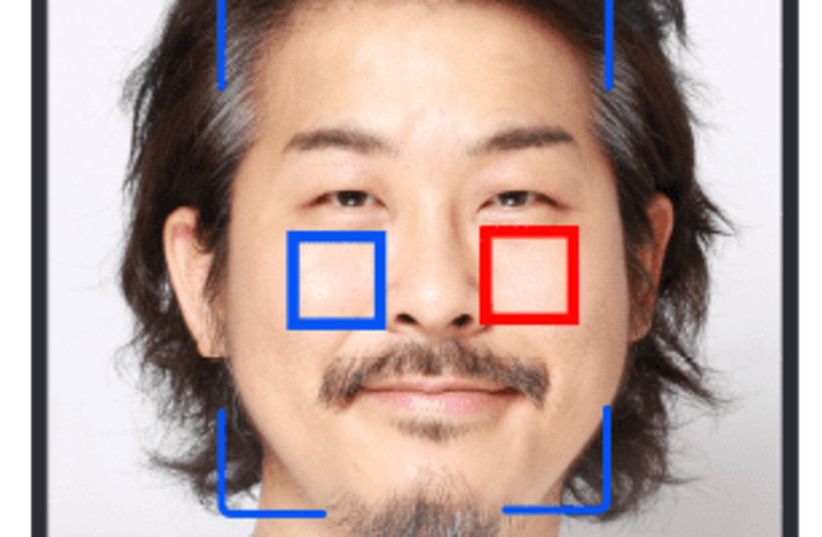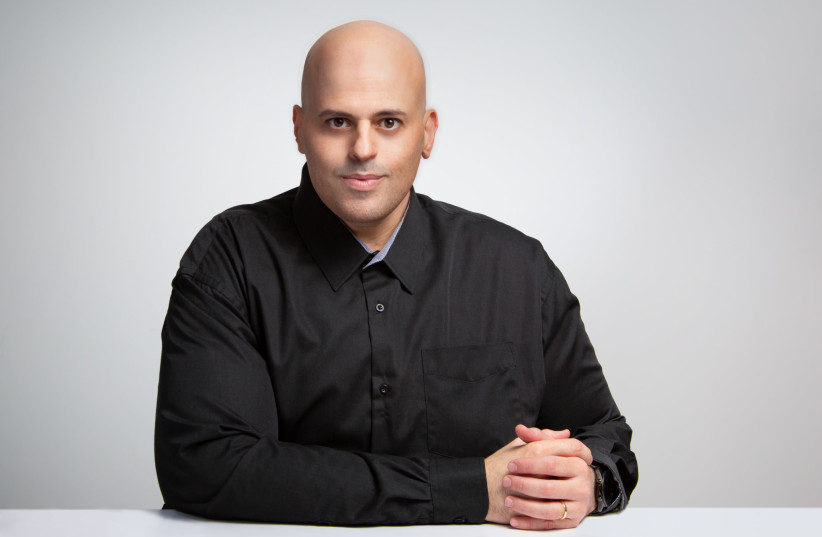Vital signs offer medical professionals the first indication of unsound health. Measuring them can assess a person’s well-being, hint if there is an underlying disease, and determine if a treatment is effective.
Israel’s Binah.ai can capture and extract a person’s vital signs ranging from heart rate, heart rate variability, oxygen saturation and more through the camera of a smartphone, tablet or laptop – all in under a minute.
The company’s Health Data Platform is powered by artificial intelligence and is a software-only solution, meaning it requires no additional wearable device or other dedicated hardware. The results are delivered to the user in a simple and accessible digital format.
“We want to make the world a healthier place,” said the company’s founder and CEO David Maman.
Binah.ai was founded in 2017. At the time, according to the World Health Organization, as much as 60% of humanity did not have access to the medical services it needed.

Maman said that today, most Western countries, including Israel, have around three doctors for every 1,000 people. But in some countries, including many in the Middle East, there is only one physician for every 10,000 people. And in others, like in parts of Africa, there is just one for every 30,000 people.
“Population growth is amazing,” Maman said. “And being a physician is not easy. Smart people opt to make their money in hi-tech and fewer and fewer people are going into medicine, which involves years of training and can be an extremely hard profession unless they truly have a calling.”
But while countries might be lacking available doctors, even in most of the world’s greatly under-served countries, people often own smartphones.

Binah.ai, Maman explained, transforms these phones into medical devices through its software.
The system operates using remote photoplethysmography (rPPG).
PPG (without the r) is an uncomplicated and inexpensive optical measurement method that was first mentioned as far back as the late 1930s. RPPG, on the other hand, is “a camera-based solution for contact-less cardiovascular monitoring, proven to be as accurate as traditional PPG devices. Our technology measures the changes in red, green, and blue light reflected from the skin and quantifies the contrast between specular reflection and diffused reflection,” the company’s website explains.
Binah.ai does not have access to the user data. Rather, its technology is embedded in its customers’ applications and the data is only sent to the user or wherever the user chooses to make it available. For example, a user could send the scans to his or her insurance company or physician, “but it is up to the customers what to do with the data,” Maman stressed.
The company aims to make people healthier but is also using its device to help company’s gauge the health of their clients. Already, its software is being used by seven out of the top 100 insurance companies worldwide, who ask their users to confirm their vital signs to help determine client health and set premiums.
Maman said 50 customers in total are using the technology, which offers eight vital sign measurements to date. The goal is to offer as many as 25 vital signs in the long term.
Although Binah.ai does not need Food and Drug Administration approval to sell its software, the company does plan to submit it for FDA Class II medical device approval by December, with the goal of receiving approval for at least two vital signs by early next year, and the rest after that. Maman said that having this approval will “dramatically increase the credibility of the system.”
“Our goal is to make everything medical-grade,” he said.
In the future, he could picture primary care physicians wanting access to the software as an effective means of preventative medicine. An elevated resting heart rate for a week can be a sign of increased mortality, for example, and doctors could see this warning sign early and advise their patients.
“It is not just about reading the vital signs, but what they mean,” Maman said.
He added that biotech is not just “the next big thing, but it is everything.”
Healthcare was neglected, he said, and the coronavirus crisis brought the field back to the forefront with a vengeance. It also pushed medical professionals to embrace telehealth and digital devices in ways they had never done before.
Israel, he predicted, could be a leader in the arena.
“I expect the Israeli biotech market to triple in the next five years,” he said.
